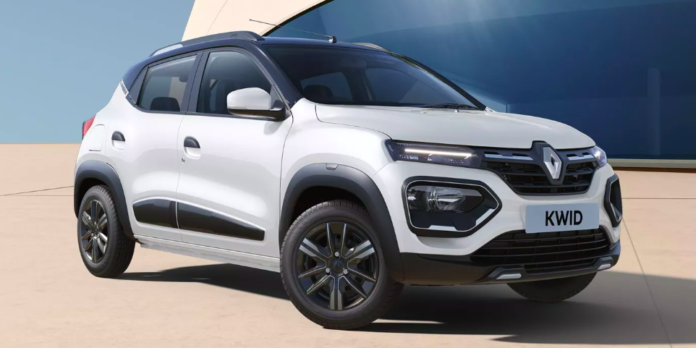The future of electric cars in Africa is uncertain, but there are several factors that suggest they may have a limited impact in the near future.
One of the main challenges for electric cars in Africa is the lack of infrastructure for charging. Most African countries lack the necessary charging stations, and the cost of building such infrastructure is likely to be high. Moreover, many African households do not have access to reliable electricity, which makes it difficult to charge electric cars at home.
Another challenge is the cost of electric cars. Currently, electric cars are more expensive than their gas-powered counterparts, and the high cost may deter many consumers in Africa, where the average income is relatively low.
Additionally, the lack of government incentives or policies to encourage the adoption of electric vehicles could be a hurdle. While some African countries have implemented policies to promote renewable energy, the focus has been mainly on large-scale projects such as solar and wind farms, rather than electric vehicles.
However, there are also reasons to be optimistic about the future of electric cars in Africa. For one, there is growing awareness of the need to transition to cleaner energy sources and reduce carbon emissions, and electric cars are a key part of this transition.
Moreover, some African countries, such as South Africa and Morocco, have already begun to invest in electric vehicle manufacturing and infrastructure. South Africa, for instance, is home to a large electric car manufacturer, and the government has announced plans to install more charging stations across the country.
Another factor that could drive the adoption of electric cars in Africa is the increasing availability of low-cost models, such as the Renault Kwid Electric and the Mahindra eKUV100, which are designed specifically for the African market.
In conclusion, the future of electric cars in Africa is uncertain, but there are both challenges and opportunities. While the lack of infrastructure, high cost, and limited government incentives may pose significant barriers to adoption, the growing awareness of the need for cleaner energy and the availability of low-cost models could help to drive the growth of the electric vehicle market in the coming years.
































































